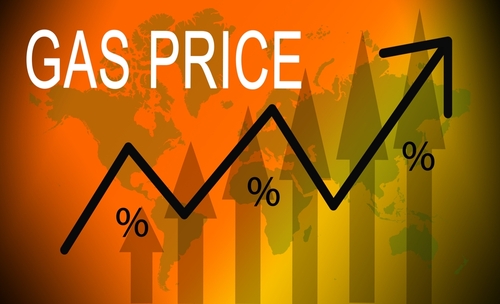Coronavirus Infects Media
This week the world suffered a mini panic when the first cases of Coronavirus were reported outside of China and the World Health Organisation declared a global health emergency. While the world’s media seem intent on recreating the 1995 film Outbreak, the current situation is less dramatic. While the new virus is highly contagious, so far it has not been particularly lethal – the mortality rate in Wuhan Province is reported to be 1-2%. Containment procedures in China however, are likely to severely depress activity in the world’s second largest economy which could have a large temporary negative effect on the global activity.
Elsewhere it was a bad week for Democrats in the US. The first round of the contest to select the Democratic nominee for the upcoming general election ended in complete farce on Monday evening. Even now, nearly a week later, we don’t know who the final winner is and may never know as there looks to have been major problems with recording the data.
UK: Economy Improves as Service Sector Rebounds
Diminishing political uncertainty following a decisive Conservative victory in December has helped spur the UK economy in January. The services sector PMI (an index which tracks the economic trends), rose 53.9 points – a point higher than initial estimates. In turn business spending, optimism and staff hires within the dominant sector all rose last month. However, these figures have yet to factor in the impact of the Coronavirus which will likely depress February’s numbers.
Additionally, intellectual property, aviation, cyber security, energy and fisheries are some of the items on a long list of topics that need to be negotiated between the UK and the EU before the end of the year. So far fishing has become a key talking point. Western European coastal states want to maintain access to harvest 35 per cent of the quantity of fish while Boris is adamant to take back complete control of British waters. Any delay in talks could knock this newfound confidence.
Commodities: Its Oil Gone Downhill
Coronavirus’s impact on global supply chains continues this week. and one of the most heavily impacted sectors is oil. In a bid to combat falling demand, OPEC are looking to slash production by at least 800,000 barrels per day. But in order to do so it would require both the cartel and its allies to agree on an acceptable reduction level. So far, Russia, one of its most important allies, is refusing to play ball.
Talks collapsed after the Russian delegation rebuffed a compromise deal to cut of 600,000 barrels a day; much to the despair of oil and natural gas companies who were banking on cuts boosting oil prices up to the $60-65 per barrel mark.
Oil and exploration companies like BP had to contend with low commodity prices all last year which strongly impacted their bottom line. And the effect of this latest shock is set to continue hurting their revenue streams. BP’s net profits last year fell 21 per cent.
US: Corporate America Looks in Good Shape
With earnings season past the midway point, US corporate earnings for last quarter look solid. Almost all sectors exceeded market expectations, bar utilities. However, only a fraction of utility firms have published their results so far, so this could change. Notable record breaking highlights this week include Uber and Twitter. Uber posted its first ever quarterly profit before interest, tax and depreciation, driven by a surge in bookings last quarter. Social media behemoth Twitter’s quarterly revenue topped $1bn for the first time thanks to strong user growth, sending the stock soaring up 15 per cent.
One stock that has taken off following positive earnings news is Tesla. Rising car sales and its expansion into China has seen the stock’s remarkable rally continue this week. In turn Tesla’s many short sellers have been strongly burnt, with the likes of Crispin Odey, one of the highest-profile casualties. Saudi Arabia was another who may wince at the stock’s phenomenal rise this year. The sovereign wealth fund virtually sold all of its eight million shares in 2019, completely missing out on the rally.

